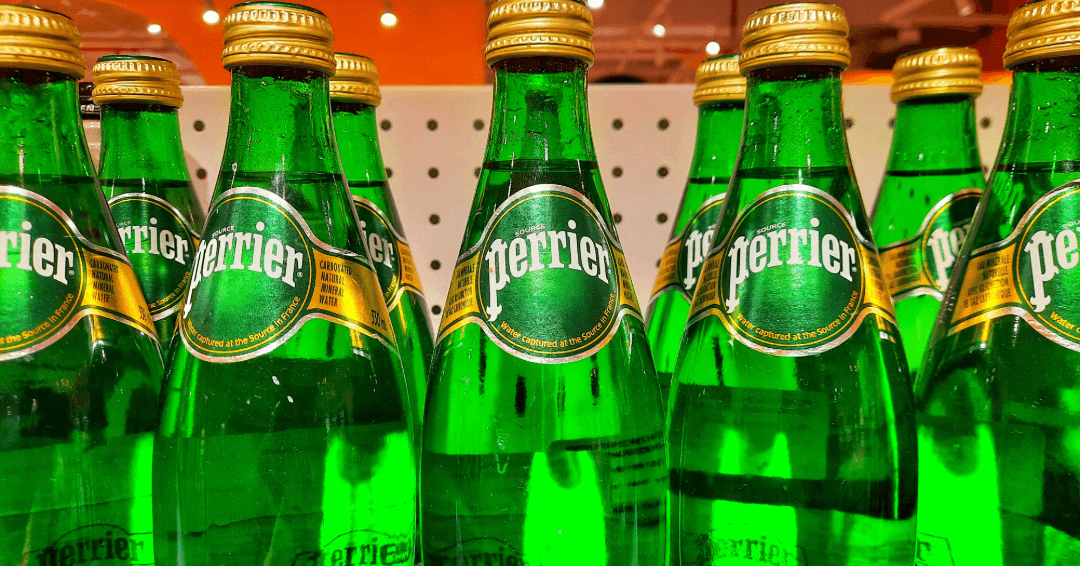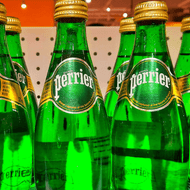Perrier Recalls Two Million Bottles Over Contamination Concerns
Posted by Emily on 28th Apr 2024 Reading Time:
Perrier has recently had to destroy two million water bottles following a contamination issue detected by French health authorities. The contamination, including E. coli, was found in a well at Vergèze near Nîmes, marking a significant setback for the brand. This particular well, in operation since 1903, is critical to Perrier's production. E. coli bacteria can cause severe intestinal infections and, in rare cases, fatal kidney failure.

The production at this well has been suspended on orders from the authorities. This step was part of broader scrutiny under which Nestlé Waters France, the owner of Perrier, found itself following admissions in January that illegal treatments were used to purify Perrier and Vittel water. These revelations included using ultraviolet disinfection and activated carbon filtration, practices permissible for tap water but not for natural mineral waters.
The contamination was identified and the affected bottles were destroyed as a precautionary measure before they could reach consumers. Nestlé has referred to this incident as a 'microbiological deviation' that occurred after recent heavy storms in southern France. They have reassured the public that all Perrier bottles currently available in the market are safe for consumption, demonstrating their commitment to consumer safety.
Adding to the complexity of the situation, Nestlé's previous practices had already come under fire, leading to a parliamentary investigation by the French senate. This investigation was initiated in response to media reports and environmentalists' allegations that the government had overlooked violations, despite a 2022 report indicating widespread use of banned treatments among French mineral water producers. The investigation aims to scrutinize the oversight of bottled water production.
Additionally, public concern has heightened following revelations in January about nanoplastics in bottled water, the health implications of which remain uncertain.
We invite our readers to share their thoughts and concerns about this situation in the comments below.

